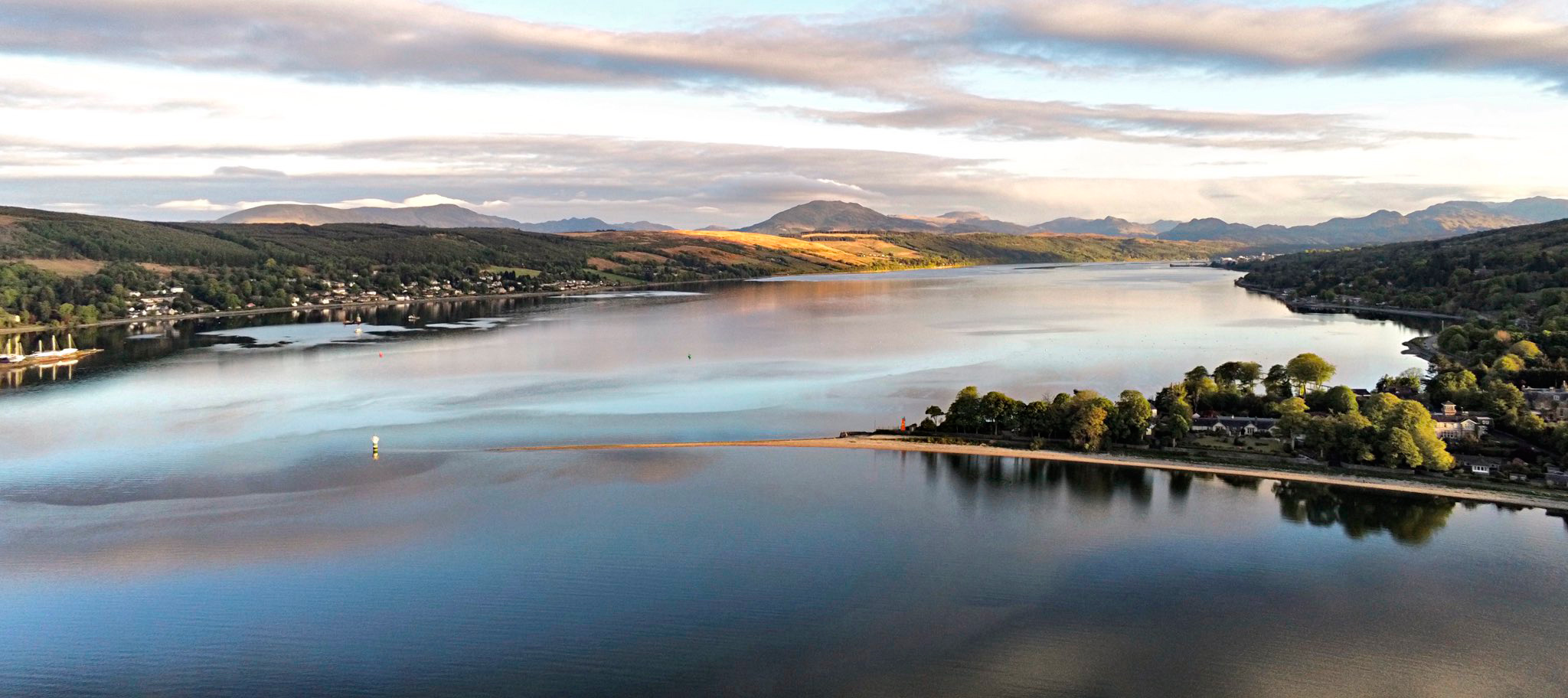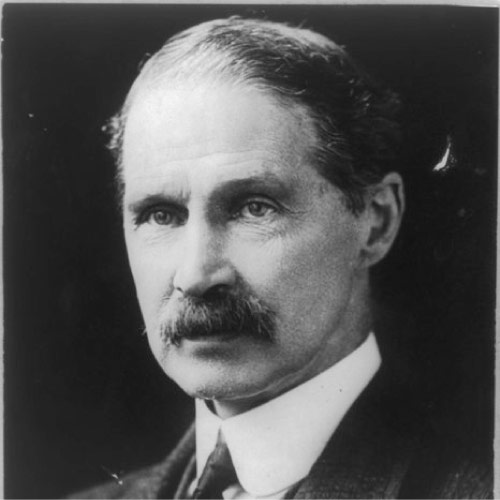
Andrew Bonar Law
Andrew Bonar Law MP 1858-1923, Prime Minister
Born in 1858 in New Brunswick, Canada, Andrew was the youngest son of Eliza Ann Kidston whose father, William, had emigrated to Halifax, Nova Scotia, from Glasgow in 1810. On the death of his mother in 1860, her sister Janet Kidston moved to New Brunswick to keep house for the Law’s but, on the remarriage of his father in 1870, she moved with Andrew to Helensburgh to live with members of the Kidston family.
On graduation from Glasgow University, Law joined the family merchant banking business that merged with the Clydesdale Bank in 1885 and, with a loan from them, Law bought a partnership in an iron wholesaling business. This proved highly successful and enabled him to pursue his interest in politics and the Conservative and Unionist Party.
In 1888 he left the Kidston family home and bought a house of his own in Helensburgh, Seabank, subsequently moving to Kintillo, his wife’s former home, on the death of her father.

An inheritance in the 1890s made it possible to consider a career in politics and in 1900 he was elected as Conservative and Liberal Unionist MP for Glasgow Blackfriars. He was appointed Secretary to the Board of Trade but lost his seat in the 1906 election. A by-election occurred soon after in the safe seat of Dulwich and he was re-elected to Parliament.
In 1911 the Prime Minister, Balfour, resigned having lost three elections and Bonar Law was elected as the new leader of the party. Following setbacks in the conduct of the War Law was invited to become a senior minister in the 1915 coalition government headed by Asquith who resigned the following year. Invited to form a government, Law declined deferring to David Lloyd George with himself becoming Leader of the House of Commons and Chancellor of the Exchequer.
In March 1921 he resigned due to ill-health but, on the resignation of Lloyd George in October 1922, and on his recommendation, the King again invited him to form a Government. Law agreed provided that the Conservative party elected him as its leader, which it did unanimously. In the November election the Conservatives won with an overall majority of 75 and Law became Prime Minister only to resign on 21 May, 1923 having been diagnosed with incurable cancer of the throat. He died on 30 October, 1923 and was succeeded by Stanley Baldwin his Chancellor of the Extractor. Baldwin called a general election in December 1923 but failed to secure a majority and resigned in January 1924 allowing Ramsay MacDonald to form the first Labour government in history.

